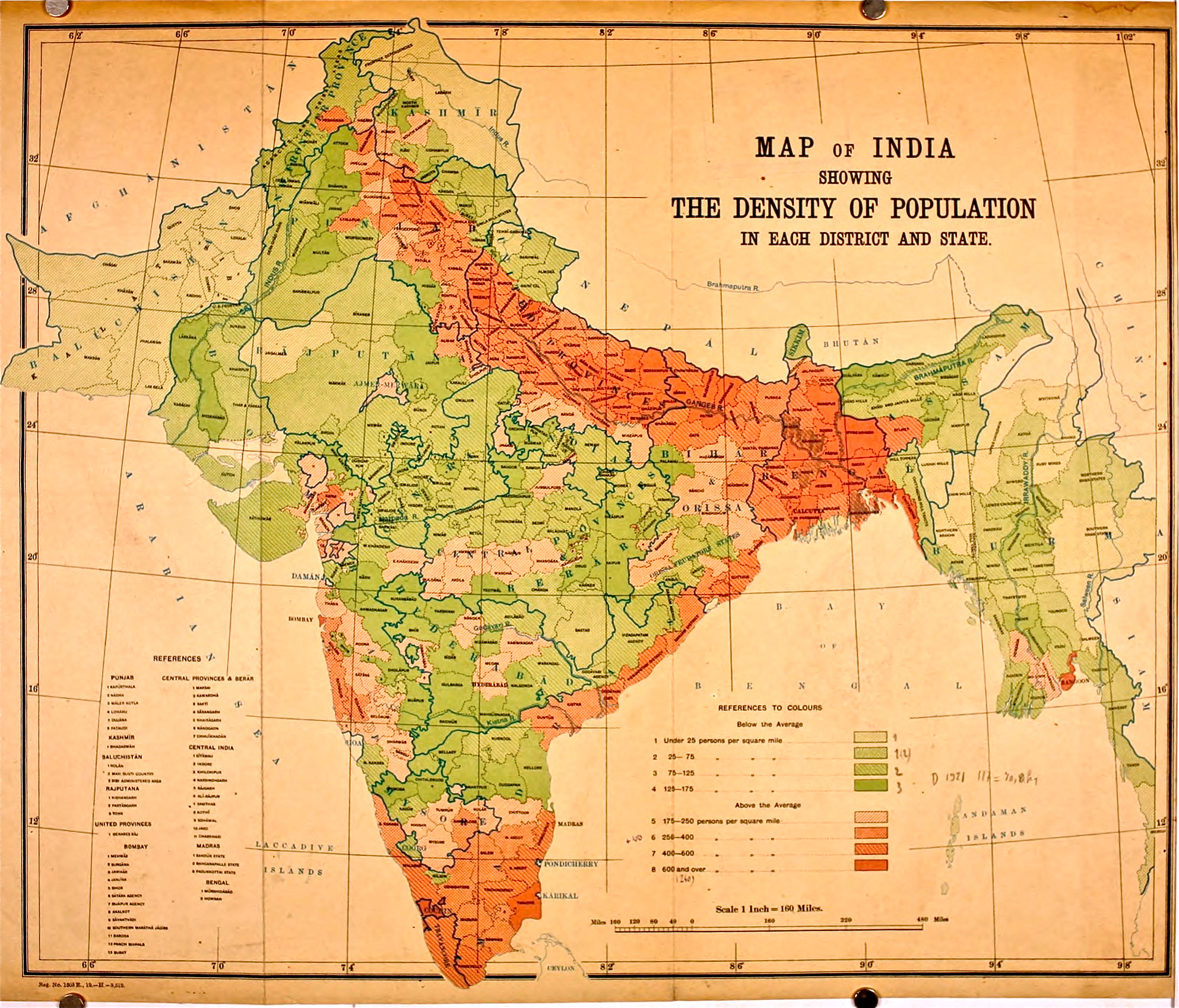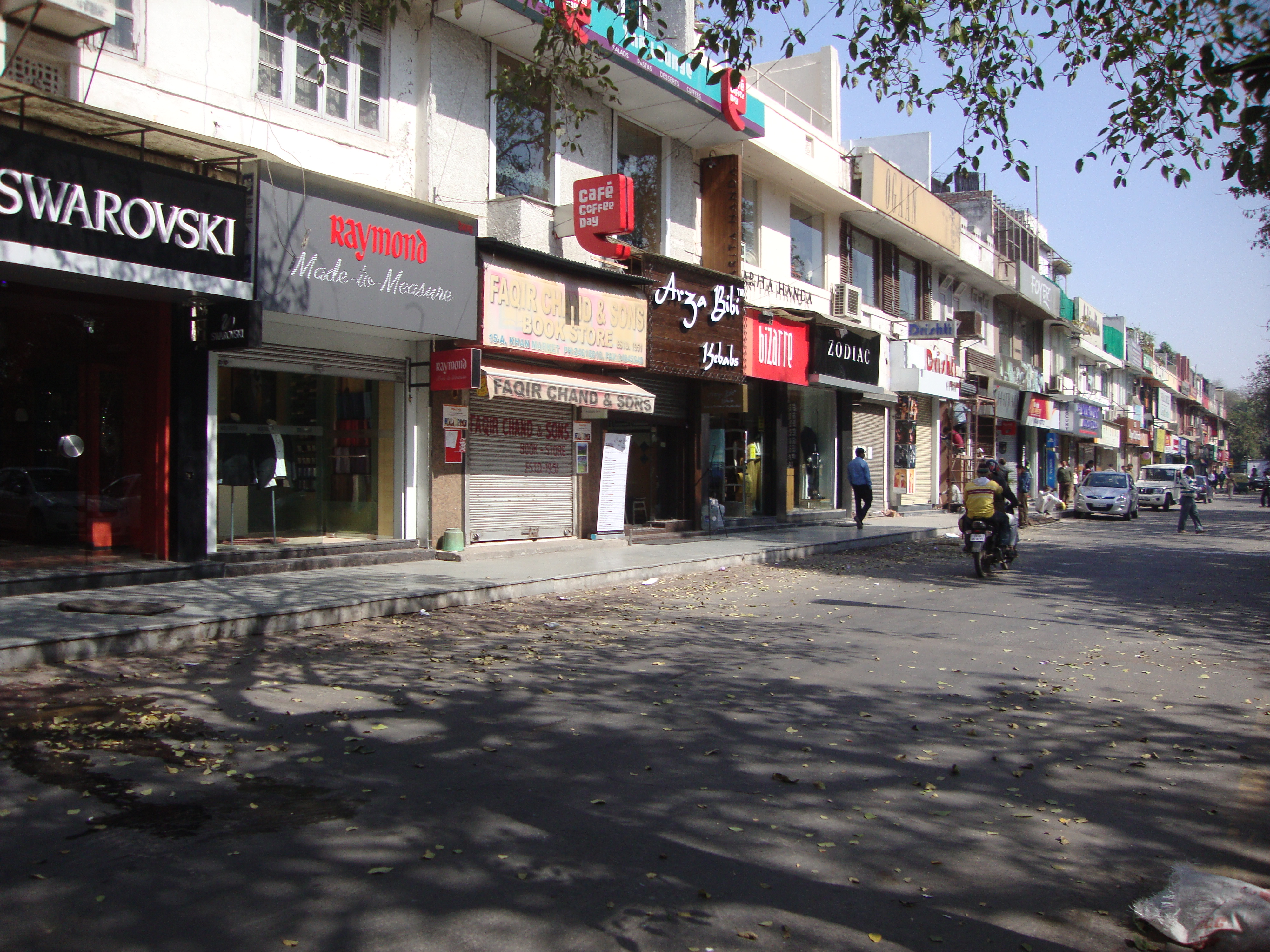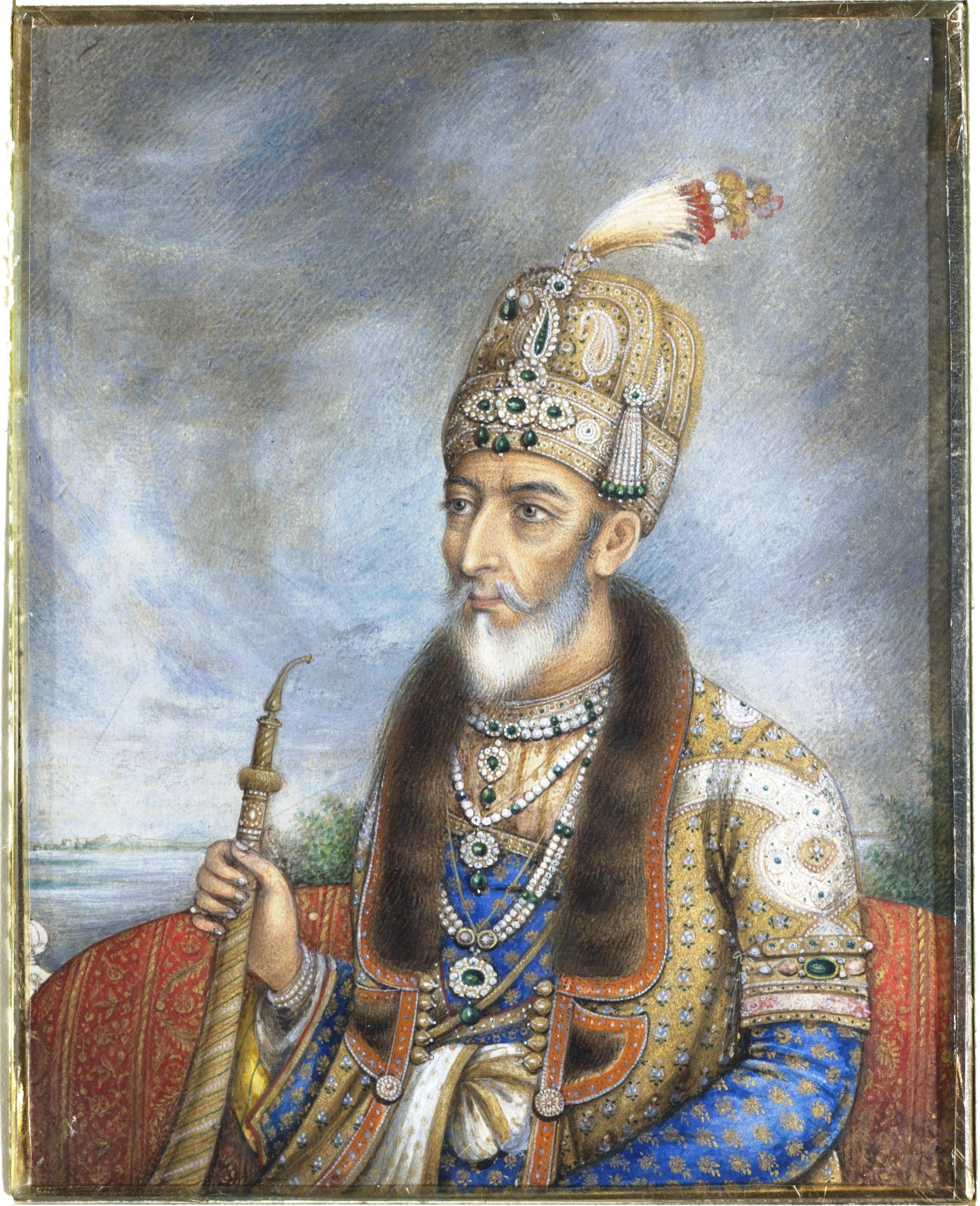|
Khudai Khidmatgar
Khudai Khidmatgar () was an Indian, predominantly Pashtun, nonviolent resistance movement known for its activism against the British Raj in colonial India; it was based in the country's North-West Frontier Province (present-day Khyber Pakhtunkhwa in Pakistan). Also called ''Surkh Posh'' or "Red Shirts" or "red-dressed", this was originally a social reform organisation focusing on education and the elimination of blood feuds. it was known as the ''Anjuman-e-Islah-e Afghania'' (society for the reformation of Afghans/Pashtoons). The movement was led by Abdul Ghaffar Khan, known locally as Bacha Khan, Badshah Khan, or Sarhadi Gandhi."Red Shirt Movement".(2008) ''Encyclopædia Britannica''. Retrieved 14 September 2008, from Encyclopædia Britannica Online: ww.britannica.com/EBchecked/topic/494519/Red-Shirt-Movement/ref> It gradually became more political as its members were being targeted by the British Raj. By 1929 its leadership was exiled from the province and large numbers w ... [...More Info...] [...Related Items...] OR: [Wikipedia] [Google] [Baidu] |
Bacha Khan
Abdul Ghaffar Khan (; 6 February 1890 – 20 January 1988), also known as Bacha Khan () or Badshah Khan () was a Pathan activist and formerly an Indian independence activist from the North-West Frontier Province, and founder of the Khudai Khidmatgar resistance movement against British colonial rule in India. He was a political and spiritual leader known for his nonviolent opposition and lifelong pacifism; he was a devout Muslim and an advocate for Hindu–Muslim unity in the subcontinent. Because of his similar ideologies and close friendship with Mahatma Gandhi, Khan was nicknamed Sarhadi Gandhi (). In 1929, Khan founded the Khudai Khidmatgar, an anti-colonial nonviolent resistance movement. The Khudai Khidmatgar's success and popularity eventually prompted the colonial government to launch numerous crackdowns against Khan and his supporters; the Khudai Khidmatgar experienced some of the most severe repression of the entire Indian independence movement. Khan strongly op ... [...More Info...] [...Related Items...] OR: [Wikipedia] [Google] [Baidu] |
British Raj
The British Raj ( ; from Hindustani language, Hindustani , 'reign', 'rule' or 'government') was the colonial rule of the British The Crown, Crown on the Indian subcontinent, * * lasting from 1858 to 1947. * * It is also called Crown rule in India, * * * * or direct rule in India. * Quote: "Mill, who was himself employed by the British East India company from the age of seventeen until the British government assumed direct rule over India in 1858." * * The region under British control was commonly called India in contemporaneous usage and included areas directly administered by the United Kingdom of Great Britain and Ireland, United Kingdom, which were collectively called ''Presidencies and provinces of British India, British India'', and areas ruled by indigenous rulers, but under British British paramountcy, paramountcy, called the princely states. The region was sometimes called the Indian Empire, though not officially. As ''India'', it was a founding member of th ... [...More Info...] [...Related Items...] OR: [Wikipedia] [Google] [Baidu] |
Bannu Resolution
The Bannu Resolution (), or the Pashtunistan Resolution (), was a formal political statement adopted by Pashtun tribesmen who had wanted an independent Pashtun state on 21 June 1947 in Bannu in the North-West Frontier Province (NEFP) of British India (in present-day Khyber Pakhtunkhwa, Pakistan). The resolution demanded the British to offer the option of independence for Pashtunistan, comprising all Pashtun territories in British India, rather than choosing between the independent dominions of India and Pakistan. The British, however, declined the demand and the NWFP was joined with Pakistan on basis of the result of July 1947 NWFP Referendum. In response, the then Chief Minister of NWFP Khan Abdul Jabbar Khan (Dr Khan Sahib), his younger brother Khan Abdul Ghaffarar Khan (Bacha Khan) and the Khudai Khidmatgars, as well as some Pashtun tribes of NWFP boycotted the referendum, citing that it did not offer the options of the NWFP becoming independent or joining Afghanistan. ... [...More Info...] [...Related Items...] OR: [Wikipedia] [Google] [Baidu] |
All India Azad Muslim Conference
The All India Azad Muslim Conference (), commonly called the Azad Muslim Conference (literally, "Independent Muslim Conference"), was an organisation of nationalist Muslims in India. Its purpose was advocacy for composite nationalism and a united India, thus opposing the partition of India as well as its underlying two-nation theory put forward by the pro-separatist All-India Muslim League. The conference included representatives from various political parties and organizations such as Jamiat Ulema-e-Hind, Majlis-e-Ahrar-ul-Islam, All India Momin Conference, All India Shia Political Conference, Khudai Khidmatgar, Krishak Praja Party, Anjuman-i-Watan Baluchistan, All India Muslim Majlis, and Jamiat Ahl-i-Hadis. The Canadian orientalist Wilfred Cantwell Smith felt that the attendees at the Delhi session in 1940 represented the "majority of India's Muslims". '' The Bombay Chronicle'' documented on 18 April 1946 that "The attendance at the Nationalist meeting was about five ... [...More Info...] [...Related Items...] OR: [Wikipedia] [Google] [Baidu] |
Opposition To The Partition Of India
Opposition to the partition of India was widespread in British Raj, British India in the 20th century and it continues to remain a talking point in South Asian politics. Those who opposed it often adhered to the doctrine of composite nationalism in the Indian subcontinent. The Hindu, Christian, Anglo-Indian, Parsi and Sikh communities were largely opposed to the partition of India (and its underlying two-nation theory), as were many Muslims (these were represented by the All India Azad Muslim Conference). Pashtun politician and Indian independence movement, Indian independence activist Khan Abdul Ghaffar Khan of the Khudai Khidmatgar viewed the proposal to partition India as un-Islamic and contradicting a common history in which Muslims considered India as their homeland for over a millennium. Mahatma Gandhi opined that "Hindus and Muslims were sons of the same soil of India; they were brothers who therefore must strive to keep India free and united." Sunni Muslims of the Deoban ... [...More Info...] [...Related Items...] OR: [Wikipedia] [Google] [Baidu] |
1946 Indian Provincial Elections
Provincial elections were held in British India in January 1946 to elect members of the legislative councils of the Indian provinces. The Congress, in a repeat of the 1937 elections, won (90%) of the general non-Muslim seats while the Muslim League won the majority of Muslim seats (87%) in the provinces. Voting in this election was restricted on property-owning qualifications. The All India Muslim League verified its claim to be the sole representative of Muslim India. The election laid the path to Pakistan. Background On 19 September 1945, following negotiations between Indian leaders and members of the 1946 Cabinet Mission to India from the United Kingdom, the Viceroy Lord Wavell announced that elections to the provincial and central legislatures would be held in December 1945 to January 1946. It was also announced that an executive council would be formed and a constitution-making body would be convened after these elections. These elections were important as the provin ... [...More Info...] [...Related Items...] OR: [Wikipedia] [Google] [Baidu] |
Khan Abdul Jabbar Khan
Abdul Jabbar Khan () (born 1883, Utmanzai, Charsadda – 9 May 1958, Lahore), popularly known as Dr. Khan Sahib (), was a pioneer in the Indian Independence Movement and later, a Pakistani politician. He was the elder brother of the Pashtun activist Abdul Ghaffar Khan, both of whom opposed the partition of India. Upon independence, he pledged his allegiance to Pakistan and later served as the First Chief Minister of West Pakistan. As the Chief Minister of the North-West Frontier Province, Dr Khan Sahib along with his brother Abdul Ghaffar Khan and the Khudai Khidmatgars boycotted the July 1947 NWFP referendum about the province joining India or Pakistan after the partition of India, citing that the referendum did not have the options of the NWFP becoming independent or joining Afghanistan. Upon independence and establishment of Pakistan, Khan Sahib joined the national politics and was later elected the first Chief Minister of West Pakistan. Early life He was born in ... [...More Info...] [...Related Items...] OR: [Wikipedia] [Google] [Baidu] |
1937 Indian Provincial Elections
Provincial elections were held in British India in the winter of 1936–37 as mandated by the Government of India Act 1935. Elections were held in eleven provinces - Madras, Central Provinces, Bihar, Orissa, the United Provinces, the Bombay Presidency, Assam, the North-West Frontier Province, Bengal, Punjab and Sind. The final results of the elections were declared in February 1937. The Indian National Congress emerged in power in seven of the provinces, Bombay, Madras, the Central Provinces, the United Provinces, the North-West Frontier Province, Bihar, and Orissa. The exceptions were Bengal, where the Congress was nevertheless the largest party, Punjab, Sindh, and Assam. The All-India Muslim League failed to form the government in any province. The Congress ministries resigned in October and November 1939, in protest against Viceroy Lord Linlithgow's action of declaring India to be a belligerent in the Second World War without consulting the elected representatives of th ... [...More Info...] [...Related Items...] OR: [Wikipedia] [Google] [Baidu] |
Government Of India Act 1935
The Government of India Act 1935 (25 & 26 Geo. 5. c. 42) was an Act of Parliament (UK), act passed by the British Parliament that originally received royal assent in August 1935. It was the longest act that the British Parliament ever enacted until the Greater London Authority Act 1999 surpassed it. Because of its length, the act was retroactively split by the Government of India (Reprinting) Act 1935 (26 Geo. 5 & 1 Edw. 8. c. 1) into two separate acts: * The Government of India Act 1935 (26 Geo. 5 & 1 Edw. 8. c. 2), having 321 sections and 10 schedules. * The Government of Burma Act 1935 (26 Geo. 5 & 1 Edw. 8. c. 3), having 159 sections and 6 schedules. The act led to: *Separation of British rule in Burma, Burma from British India, effective from April 1, 1937. *Establishment of the Reserve Bank of India (RBI). *Establishment of the Union Public Service Commission, Federal Public Service Commission (FPSC), a Public service commissions in India#State Public Service Commiss ... [...More Info...] [...Related Items...] OR: [Wikipedia] [Google] [Baidu] |
Indian Independence Movement
The Indian independence movement was a series of historic events in South Asia with the ultimate aim of ending British Raj, British colonial rule. It lasted until 1947, when the Indian Independence Act 1947 was passed. The first nationalistic movement took root in the newly formed Indian National Congress with prominent moderate leaders seeking the right to appear for Indian Civil Service examinations in British India, as well as more economic rights for natives. The first half of the 20th century saw a more radical approach towards self-rule. The stages of the independence struggle in the 1920s were characterised by the leadership of Mahatma Gandhi and Congress's adoption of Gandhi's policy of non-violence and Salt March, civil disobedience. Some of the leading followers of Gandhi's ideology were Jawaharlal Nehru, Vallabhbhai Patel, Abdul Ghaffar Khan, Maulana Azad, and others. Intellectuals such as Rabindranath Tagore, Subramania Bharati, and Bankim Chandra Chattopadhyay spr ... [...More Info...] [...Related Items...] OR: [Wikipedia] [Google] [Baidu] |
All-India Muslim League
The All-India Muslim League (AIML) was a political party founded in 1906 in Dhaka, British India with the goal of securing Muslims, Muslim interests in South Asia. Although initially espousing a united India with interfaith unity, the Muslim League later led the Pakistan Movement, calling for a Two-nation theory, separate Muslim homeland after the British exit from India. The party arose out of the need for the political representation of Muslims in British Raj, British India, especially during the Indian National Congress-sponsored Swadeshi movement, massive Hindu opposition to the 1905 partition of Bengal. During the 1906 annual meeting of the All India Muslim Education Conference held in Ahsan Manzil, Israt Manzil Palace, Dhaka, the Nawab of Dhaka, Khwaja Salimullah, forwarded a proposal to create a political party which would protect the interests of Muslims in British India. He suggested the political party be named the 'All-India Muslim League'. The motion was unanimously ... [...More Info...] [...Related Items...] OR: [Wikipedia] [Google] [Baidu] |






